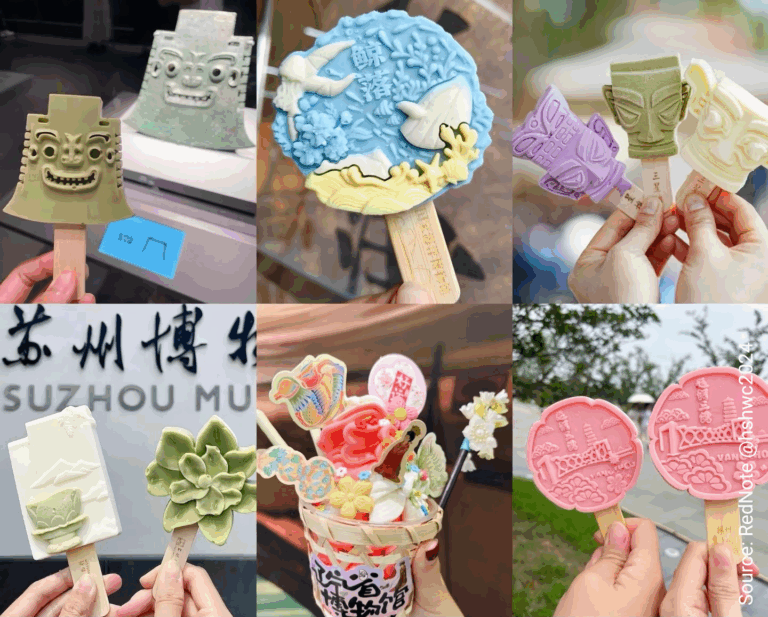Chinese millennials do not have the same behavior as the typical western millennial you’ve currently read about in articles. China has its own rules in term of culture, politics and the economy.
Chinese millennials are well educated; 56.7% have a bachelor degree, 23% with masters and 20.3% an associate degree. However, unlike the West, 40% of Chinese millennials work in government and state organization. Almost half (42%) of them have monthly revenue between 3000 and 5999 RMB (471 to 941 USD), and 20% between 6000 and 9999 RMB (471 to 1570 USD). Still, the average monthly revenue in China remains around 4500 RMB (709 USD).
Chinese millennials grew up during the years of double-digit growth.
Unlike older generations, Chinese millennials do not save as much. In comparison to the younger generations of the USA and France who spend 6.6% and 12.2% respectively on food, Chinese millennials eclipse this at a vast 25.9% of their revenue in food. In spite of this, Chinese millennials spend the majority of their money on clothes, shoes and beauty care. In the past few years many of the fashion industries largest companies have located to China, influencing a strong influence in fashion amongst the younger generation.
Chinese millennials’ digital habits are very different than from the West. The Internet came available much later, as did video games, social networks etc. The main discussions on social networks are entertainment and tech related topics. What’s also striking is that the gap between China’s elder people and millennials is much wider than in other countries. For example, in China 55+ years old represents 2% of social network users, whilst the US accounts for 9%.
More than half (55.2%) of WeChat users open this app more than 10 times a day, resulting in greater connection between Chinese millennials’ than westerners. By comparing the time spent on each media outlet per day we can see they spend more time on the Internet than on magazines, newspapers, radio and TV combined. A huge amount of this time is spent on mobile phones every day during the school and work commute. On average, Chinese millennials’ spend 55 minutes (one way) to go to the office in China (longest global time period).
Advertising has a key role to play in enabling brands to reach and engage with Chinese millennials.
Chinese millennials are technologic power users, who are very interested in fashion, have more money than the former generations and do not save as much.
They do not have the same approach to advertising as westerners. When WeChat launched their advertising program on their platform, Chinese customers compared the targeted ads with each other to see which one had the “best”. Some were even reposting the ad on their newsfeed to show their friends that had been specifically targeted by luxurious brands, illustrating their wealthy status. They are “Power Consumers” which are easily reachable for companies anytime anywhere due to their extensive use of technology. However this ease of interaction has its downsides, being the huge competition between advertisers.
Read more on advertising in China:
• Online Advertising in China
• What You Should Know About China’s Advertising Law
Follow us on Twitter for more insights in China:
Matthieu David-Experton Explains Why Chinese Millennials Are Ready to Pay a Premium at @essec on #ChineseChronicles https://t.co/6WLv0be029 pic.twitter.com/W8ho8FdmqK
— Daxue Consulting (@DaxueConsulting) August 22, 2017






